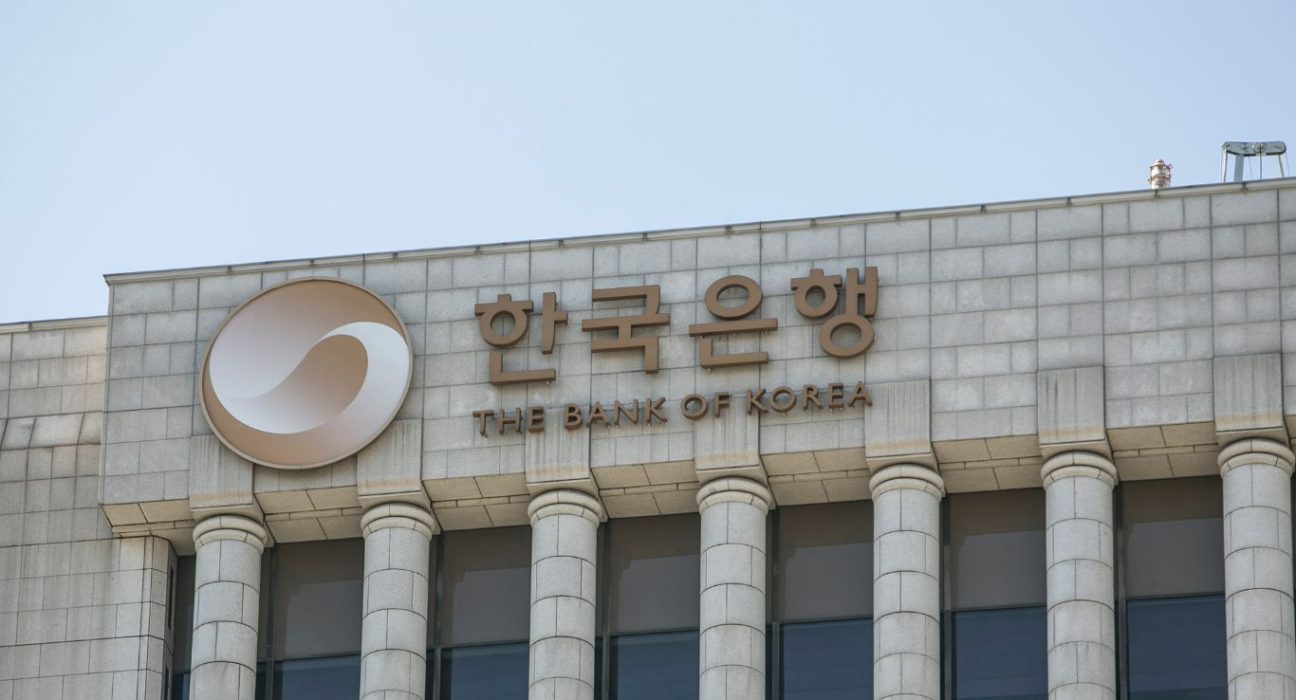Introduction
South Korea’s economy defied projections and accelerated at a faster pace than anticipated during the second quarter of the year, buoyed by notable improvements in trade. However, a slowdown in consumer and business spending has raised discussions about the possibility of the central bank adopting a more accommodative monetary policy. Preliminary estimates from the Bank of Korea revealed that the Gross Domestic Product (GDP) expanded by a seasonally adjusted 0.6% in the period of April to June. This growth surpassed the median forecast of 0.5% by economists in a Reuters survey, marking the highest quarterly growth rate since the second quarter of 2022.
Trade-Led Growth Bolsters Q2 GDP
The South Korean economy demonstrated resilience, growing by 0.6% in the second quarter of the year, building on a 0.3% increase in the previous three months. This unexpected growth was largely supported by the nation’s trade performance. While exports experienced a slight decline of 1.8%, imports plummeted at a much steeper rate of 4.2%, resulting in a net positive contribution of 1.3 percentage points to the economy. South Korea’s trade-reliant nature played a crucial role in stimulating growth, even amid challenging global economic conditions.
Weaker Consumer and Business Spending
Despite the impressive trade numbers, South Korea’s economy also faced headwinds in the form of subdued consumer and business spending. The slowdown in these crucial areas has prompted concerns among policymakers and experts. Consumer spending, which serves as a vital engine for economic growth, witnessed a dip during the second quarter. Additionally, businesses scaled back their investments, signaling cautiousness amid uncertainties surrounding the economic outlook.
Central Bank’s Dilemma: Loosen Monetary Policy?
As South Korea’s economy experiences a mixed bag of performance indicators, the spotlight is now on the country’s central bank, the Bank of Korea. The ongoing debate centers around whether the central bank should adopt a more lenient monetary policy to support economic growth or maintain its restrictive stance in response to potential inflationary pressures. With trade showing resilience and other sectors displaying signs of weakness, the central bank faces a delicate balancing act to ensure stability and promote sustainable growth.
Impact of Global Economic Conditions
South Korea’s economic performance in the second quarter cannot be fully understood without considering the backdrop of global economic conditions. The country operates in an interconnected world, and external factors play a significant role in shaping its economic trajectory. Global supply chain disruptions, ongoing trade tensions, and uncertainties surrounding the post-pandemic recovery have influenced South Korea’s trade and overall economic outlook.
Outlook and Future Prospects
As the South Korean economy stands at a crucial juncture, all eyes are on the central bank’s next move. Analysts and market participants are closely monitoring economic data to gauge the need for potential policy adjustments. The outlook for the rest of the year remains uncertain, with both challenges and opportunities ahead. The government’s fiscal measures and structural reforms may also play a pivotal role in shaping the country’s economic landscape in the coming months.
Conclusion
South Korea’s economy showcased surprising resilience in the second quarter of the year, reporting a faster-than-expected growth rate. Driven by robust trade performance, the nation’s GDP expanded despite weaker consumer and business spending. This has sparked discussions about the central bank’s monetary policy, as policymakers grapple with finding the right balance to ensure economic stability and growth. As South Korea navigates the complexities of a globalized economy, future prospects will depend on the nation’s ability to address both domestic challenges and external factors. Only time will tell how the economic landscape unfolds in the months to come.










